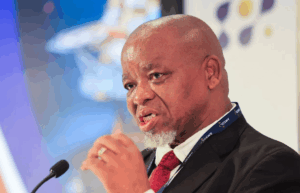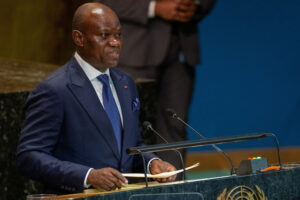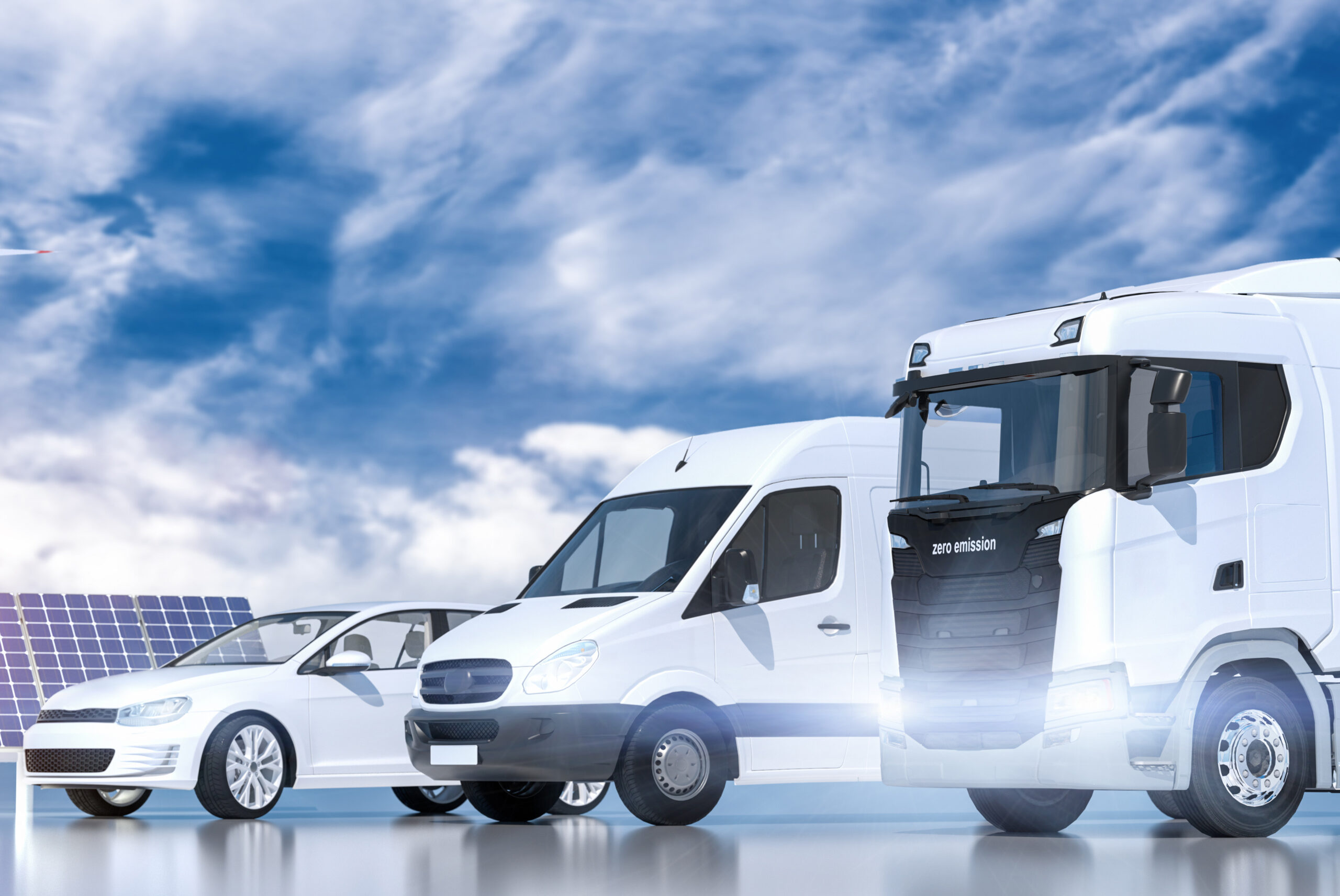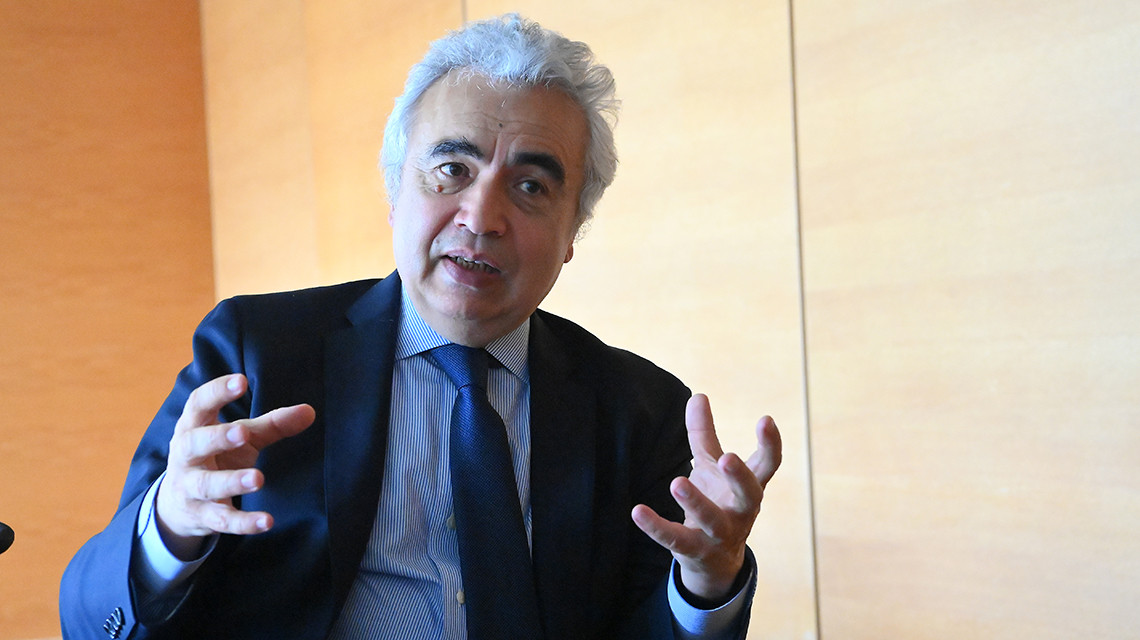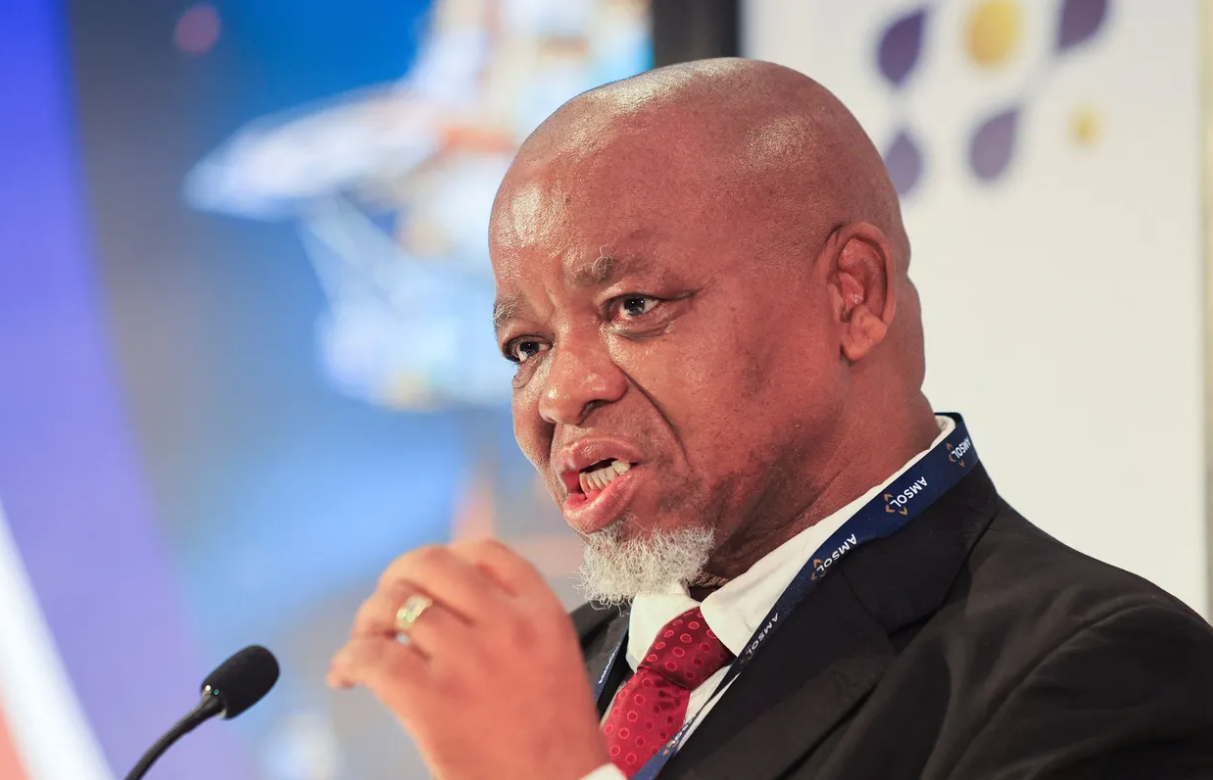The greatest challenge confronting the C-Suite of a reasonably large multinational in the post-COVID era is how to control rising costs, particularly endogenous liabilities that could be transformed to significantly increase the organization’s financial performance in critical value chain segments.
The introduction of electric vehicles into the market has alerted executives to the possibility of adapting some, if not all, of their business models to EV-driven logistics. While mining companies have led the way in haulage vehicle innovation, highways in major cities are still congested by internal combustion engine (ICE) vehicles, which have become a significant burden on corporate balance sheets.
Fleet managers’ jobs have morphed overnight into cost-cutting experts who incorporate profitability into the business’s operating model. So much so that human resources and recruitment for in-sourced fleet management professionals require a demonstrated ability to source cost effectively and innovate, particularly in order to contain rising vehicle input and maintenance costs.
The EV has become that urgent point where large corporates are quickly cutting losses with liabilities in the emissions space because it is cheaper to maintain and earns carbon points for the large enterprise and its ESG-sensitive shareholders.
In other parts of the world, larger retailers and logistics companies have committed to converting their ICE fleets to fully fledged EVs. FedEx has stated that by 2040, it intends to replace 100% of its pickup and delivery fleet with battery-powered vehicles. Meanwhile, Amazon, which is planning to open a precinct in Cape Town, has recently ordered 100,000 EVs from manufacturer Rivian.
3.24 million new energy vehicles (NEVs) were sold worldwide in 2021, a 43% increase over 2019. Sales of electric passenger cars are expected to surpass those of passenger cars with internal combustion engines by 2038, but the South African Department of Trade and Industry, in their Green Paper, believes that disruption of the vehicle industry could occur sooner due to rapid diffusion of technologies leading to lower unit prices and stricter legislation. Hybrids, battery-electric vehicles, and fuel-cell vehicles are all examples of new-energy vehicles.
Add increased shareholder value activism by international funders, and the current vehicle architecture may face major disruption.
During this week, Servest, announced a large initiative to transform 10% of their 700 national fleet into compressed natural gas (CNG) vehicles to stave off the liabilities imposed by soaring petrol and diesel prices, thereby joining the rapid transformation of fleets that have adopted modes to reduce their growing carbon footprint of emissions.
In order to jump-start the production of EVs, the Department of Trade, Industry and Competition (DTIC) released a Draft Green Paper on the Advancement of New-Energy Vehicles in South Africa in 2021. This document outlines methods for increasing the support given to manufacturers of vehicles and their components under the government’s Automotive Production and Development Programme (APDP).
DITC Minister Ebrahim Patel stated then that “The strategy is complemented by a consumption leg, and a focus on increasing competitiveness in the global race to transition from the internal combustion engine era, into electro-mobility solutions and technologies.”
“We must step up efforts to build EVs in South Africa, to keep our auto industry at the cutting-edge of new market developments, and to maintain our export capacity for key markets such as the EU and UK. They have both set new targets and deadlines to reduce the number of fossil-fuel-reliant vehicles on their roads”.
The National Association of Automobile Manufacturers (NAAMSA), led by CEO Mike Mabasa, added 5 conditions to the Green Paper in order to create an EV-ready environment in South Africa. Establishing manufacturing plants for local production.
- The development of a clear policy framework providing guidelines on the local rollout of EVs and hybrid vehicles.
- Better infrastructure provision throughout the country.
- The reduction of the 25% EV import tariff.
- Considerations around the type of technologies and components to be used in EVs
India, which currently has 2157 EV charging stations spread across 245 cities, has released a policy paper stating that in order to meet the global benchmark, the country needs to install 46,000 electric vehicle charging stations by 2030.
South African will need to do better than just mere policies to quickly catch up.




